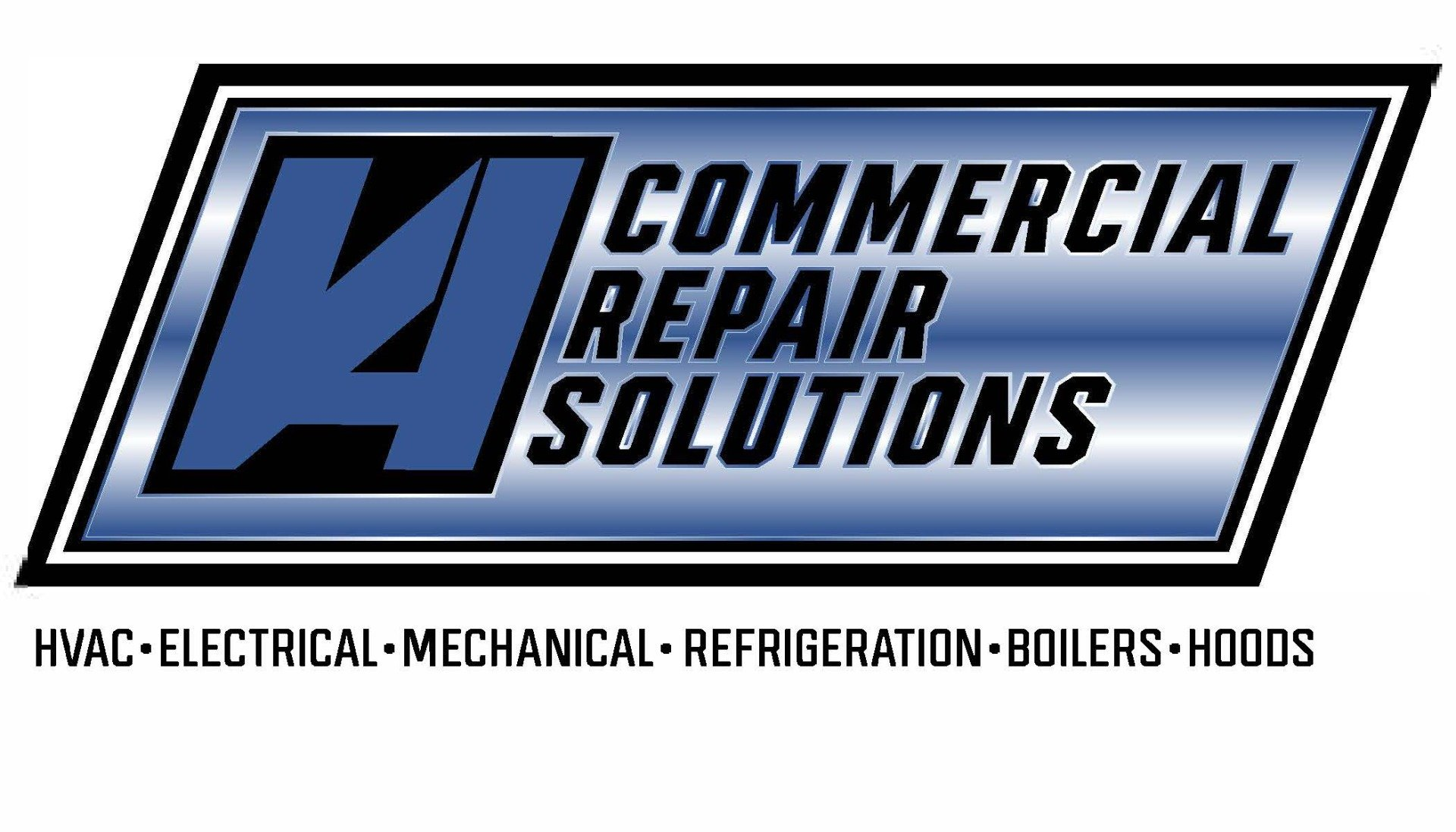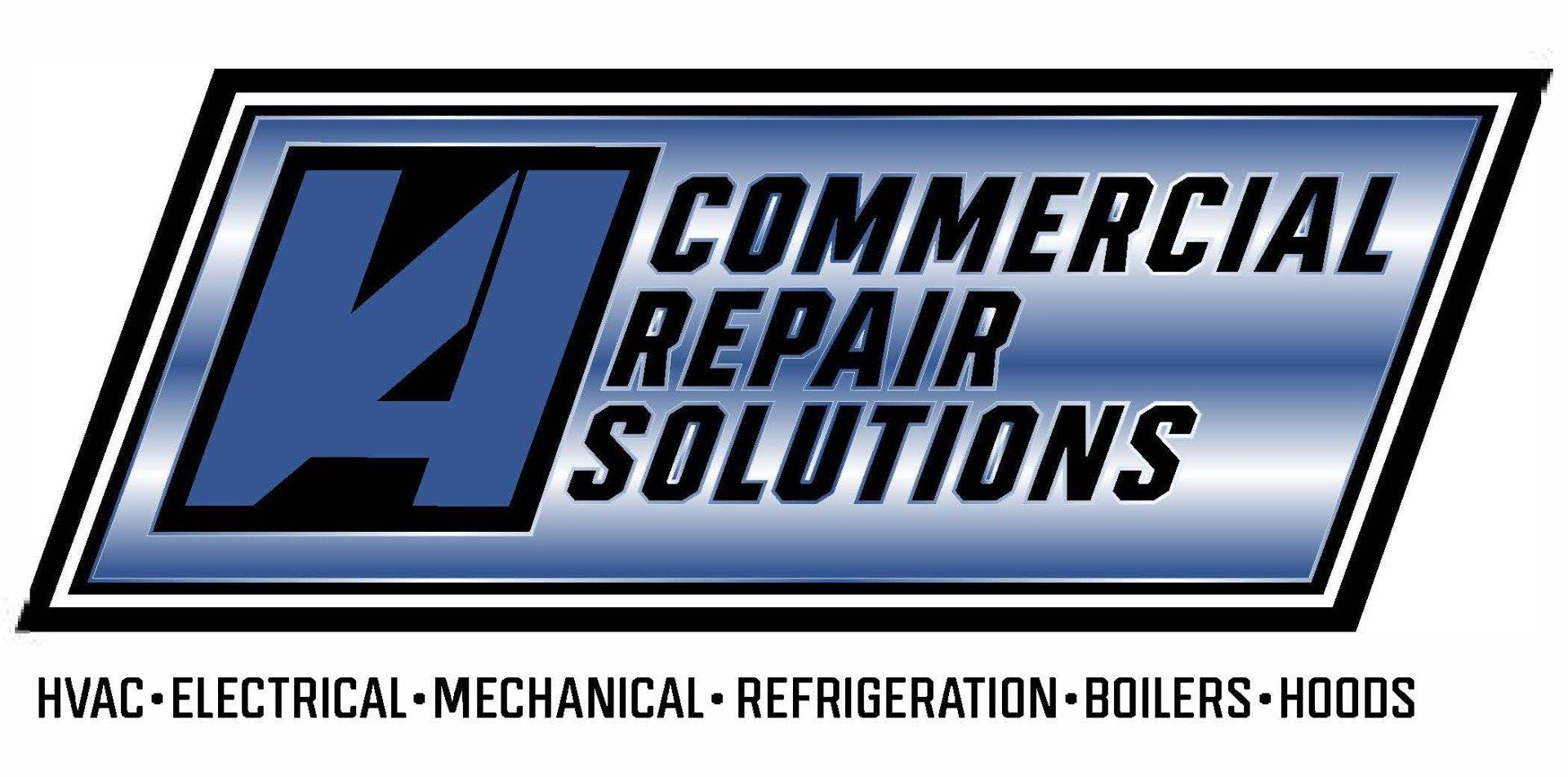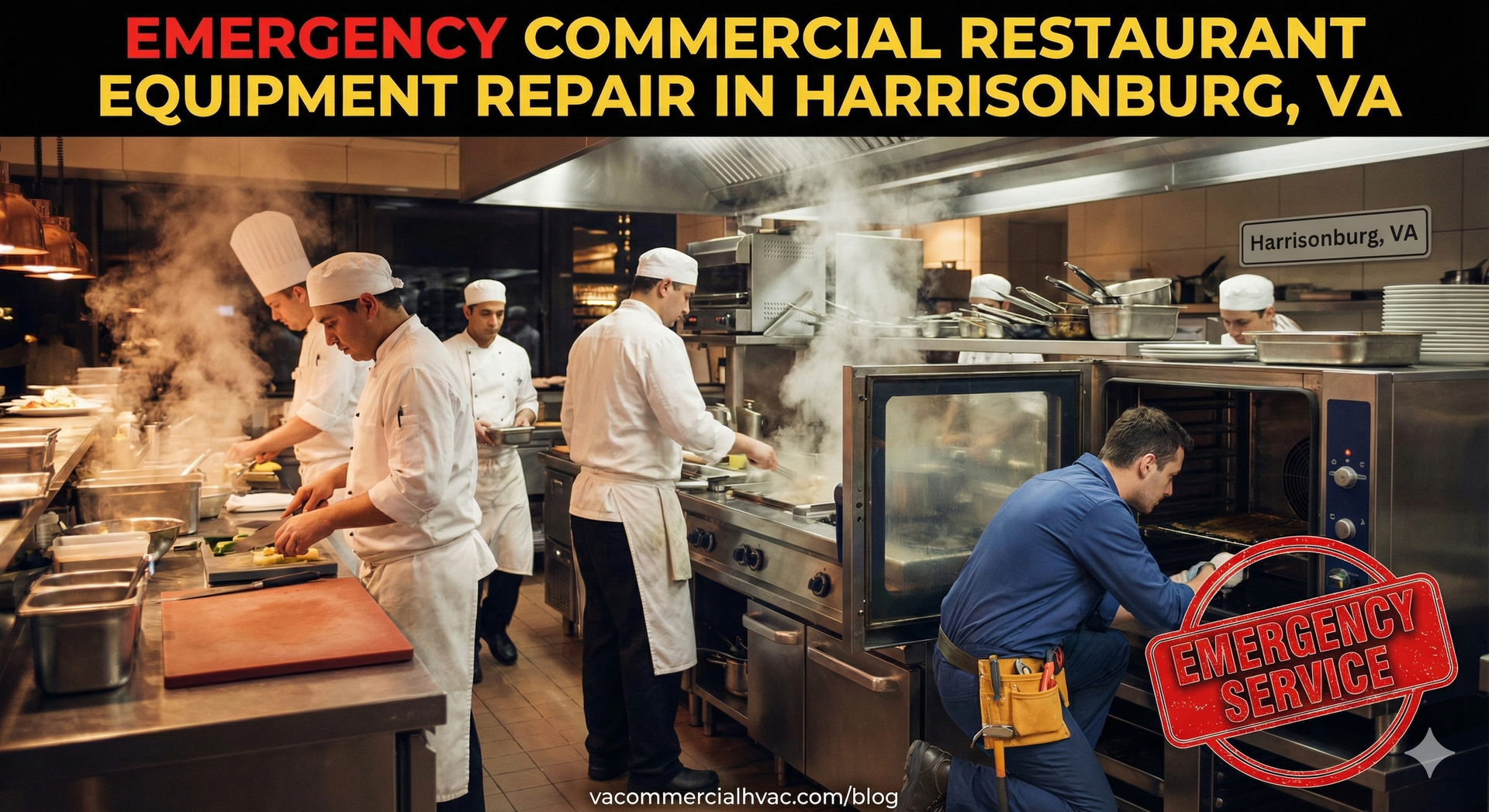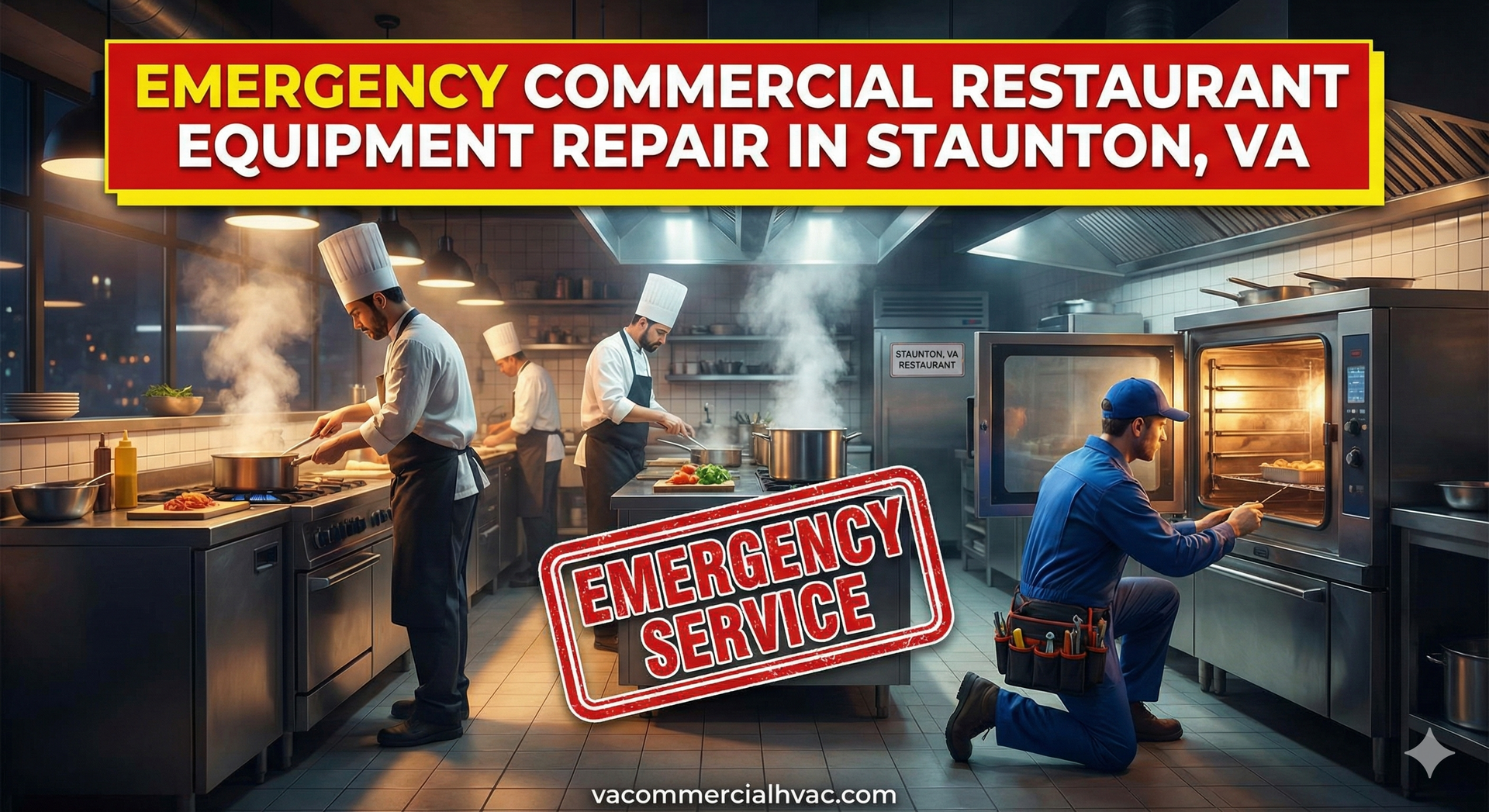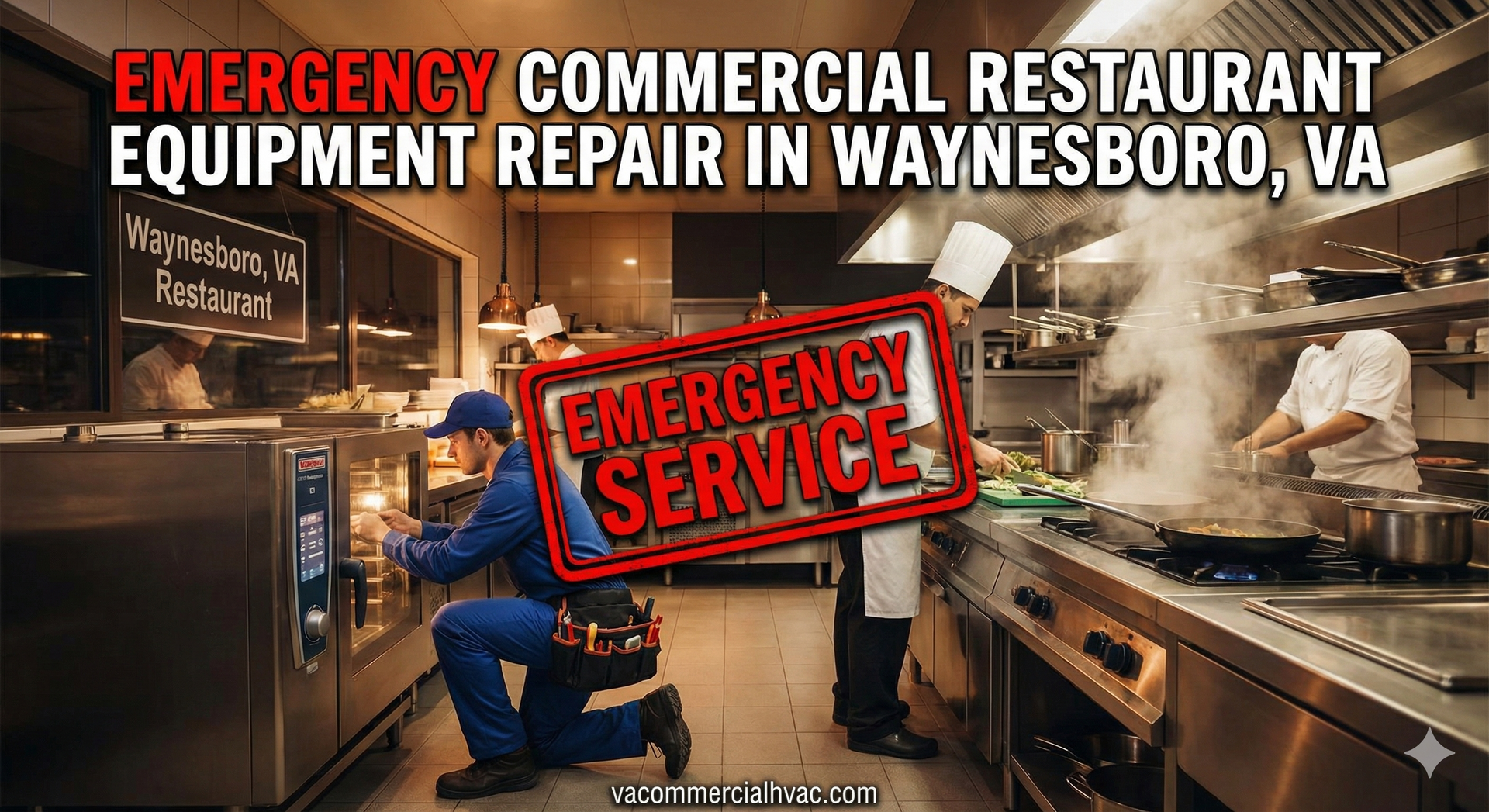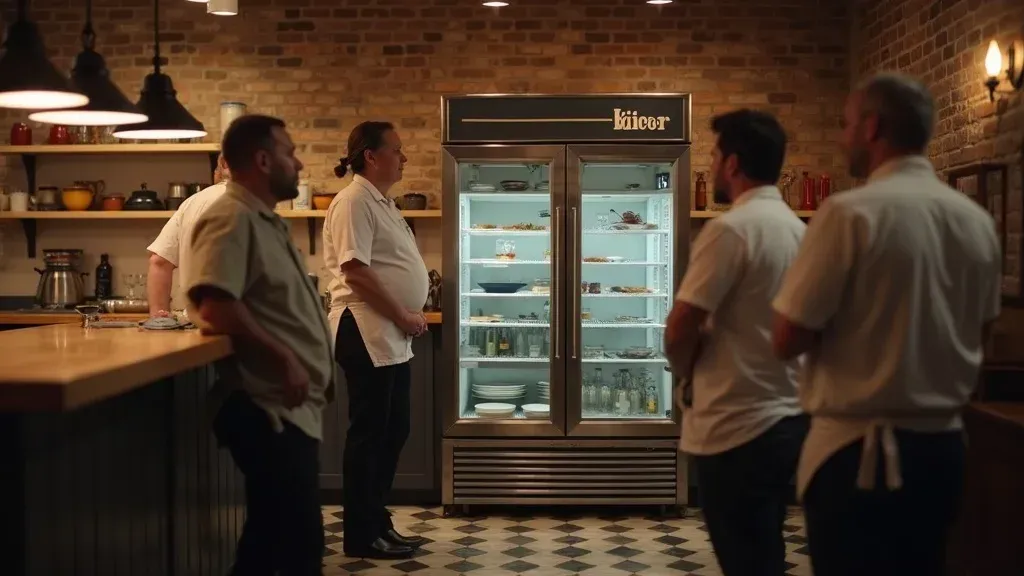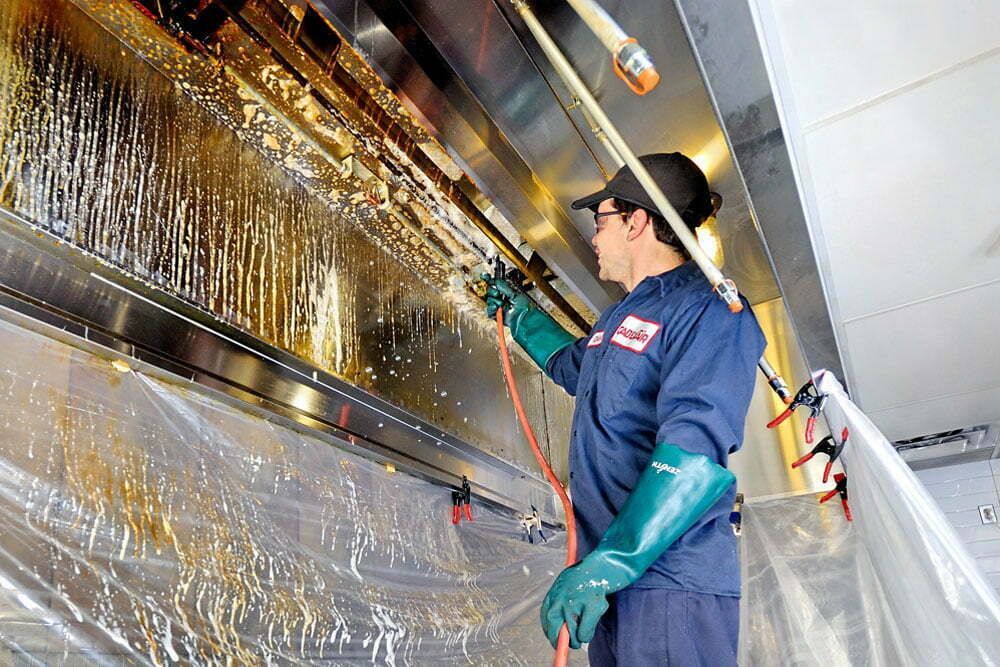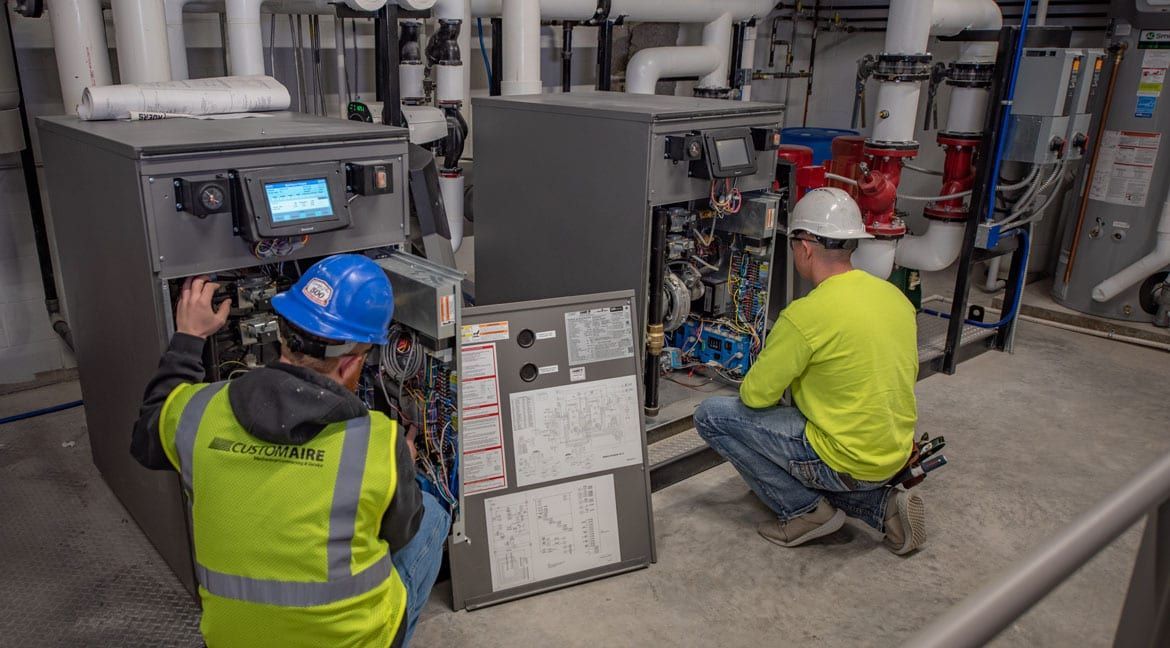7 Tips for a Happy Commercial Refrigerator Owner
An industrial fridge is essential to your facility, cooling and maintaining all your beverages and ingredients at predetermined temperatures. That's why it's essential to carry out regular maintenance on your unit between regular service visits. So what do you need to do regularly? Below are some handy industrial refrigeration upkeep ideas to keep your system tidy and running strong.
1. Regularly clean the interior & exterior. Attempt to arrange a thorough cleansing of your entire refrigeration unit on a weekly or biweekly basis. In so doing, please remove all of the items from the interior, and place them in another unit or short-lived cooler. Utilizing a soft brush, scrub the shelves and surface areas with warm water and soap or a vinegar-based solution. If you are able to remove any drawers and shelving, soak them for a while. Then rinse them. The outside of your unit likewise ought to be cleaned frequently.
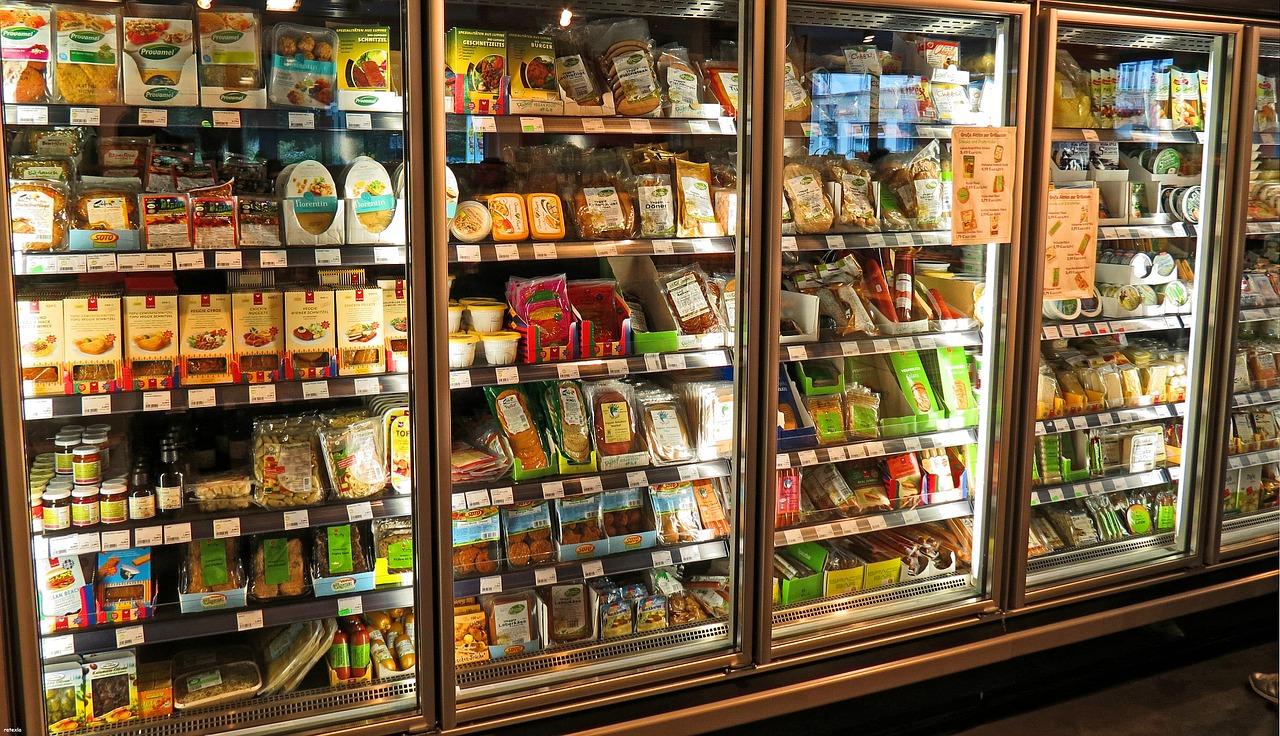
It's crucial to utilize proper cleansing solutions and products on a stainless steel outside surface. Prevent utilizing abrasive scrubbers or sponges along with chlorine cleaners. Rather, use a wash fabric or soft brush to clean up the surface area. A combination of warm water and a vinegar or detergent-based option works best for regular upkeep. If you need to remove grease or baked-on food, consider using a baking soda paste or an appropriate stainless-steel degreaser.
2. Clean the Condenser Coil Frequently. You need to clean your industrial refrigerator or freezer's condenser coil regularly. The majority of manufacturers advise coil cleaning at least every three months, and lots of handbooks provide particular cleansing pointers. If the condenser coil becomes filthy or dusty, your commercial refrigerator or freezer will have increasing difficulty maintaining the predetermined temperature level, causing the unit to warm up and the compressor to get hot. If a compressor is allowed to overheat, it will fail much sooner. If a compressor is too hot to touch for a prolonged period, it will experience internal damage and begin to fail. When a compressor is too hot to touch, it is imperative that the unit be turned off and the condenser coil cleaned. After the compressor has cooled off, it can be restarted. If the compressor proceeds to overheat beyond what your touch can tolerate, it must again be turned off and your refrigeration specialist called immediately.
The condenser coil lies in front of the compressor. Always disconnect power to the unit at the breaker panel. Use a stiff bristle brush and hot soapy water to remove dust and dirt by combing the coil fins parallel to their orientation.

Then, clear any remaining residues with a strong vacuum or air compressor. Newer aluminum condenser coils often have a permanent coating on them that enhances heat loss with the air that blows through it. Have a look at your condenser coil’s manual for more comprehensive directions. Your unit’s manual will supply specific degreasing tips, which are vital if your unit is in a kitchen area near fryers or griddles.
3. Inspect the Area by the Evaporator Coil. Like the condenser coil, the evaporator coil is a very important component of your industrial refrigerator or freezer. The evaporator coil is found above the evaporator fan(s) in the cooling compartment and is responsible for absorbing heat as warmer air passes through the refrigeration system’s evaporator coil, helping to cool the compartment's interior.
Ensure to keep the surrounding area near the coil clear and tidy on a constant basis. You should avoid packing the interior with a great deal of products, especially if they're piping hot. Blocking air flow by the vents inside the unit can trigger the coil to freeze, leading to water leakages and an increase in cabinet temperature level. If you see ice on the evaporator coil or fan, please turn the system off and allow it to thaw. This is very necessary because Ice is #1 cause of freon leaks because ice is much stronger than the copper and aluminum components that make up the evaporator coil.
4. Check the Door Gaskets Often
The door gaskets are vital to any industrial refrigeration unit. Any type of split or fracture in the door gasket can keep the door(s) from sealing shut, causing cool air to leave the refrigerator's interior and moisture to enter. If a gasket is broken, please replace it promptly with the proper suggestion. For example, when replacing a True refrigerator gasket, you need to use the gasket connected with your unit's serial and model number.
If there are no splits or fractures, you ought to still consistently tidy the gaskets to prevent any damage. This needs to be done more often if the system is in a commercial kitchen where grease is regularly used. Too much grease and dirt can break down the door gaskets over time.
5. Inspect the Air Filters Often
Grease and dust from your fryers and frying pans can play havoc on your industrial fridge's air filters.
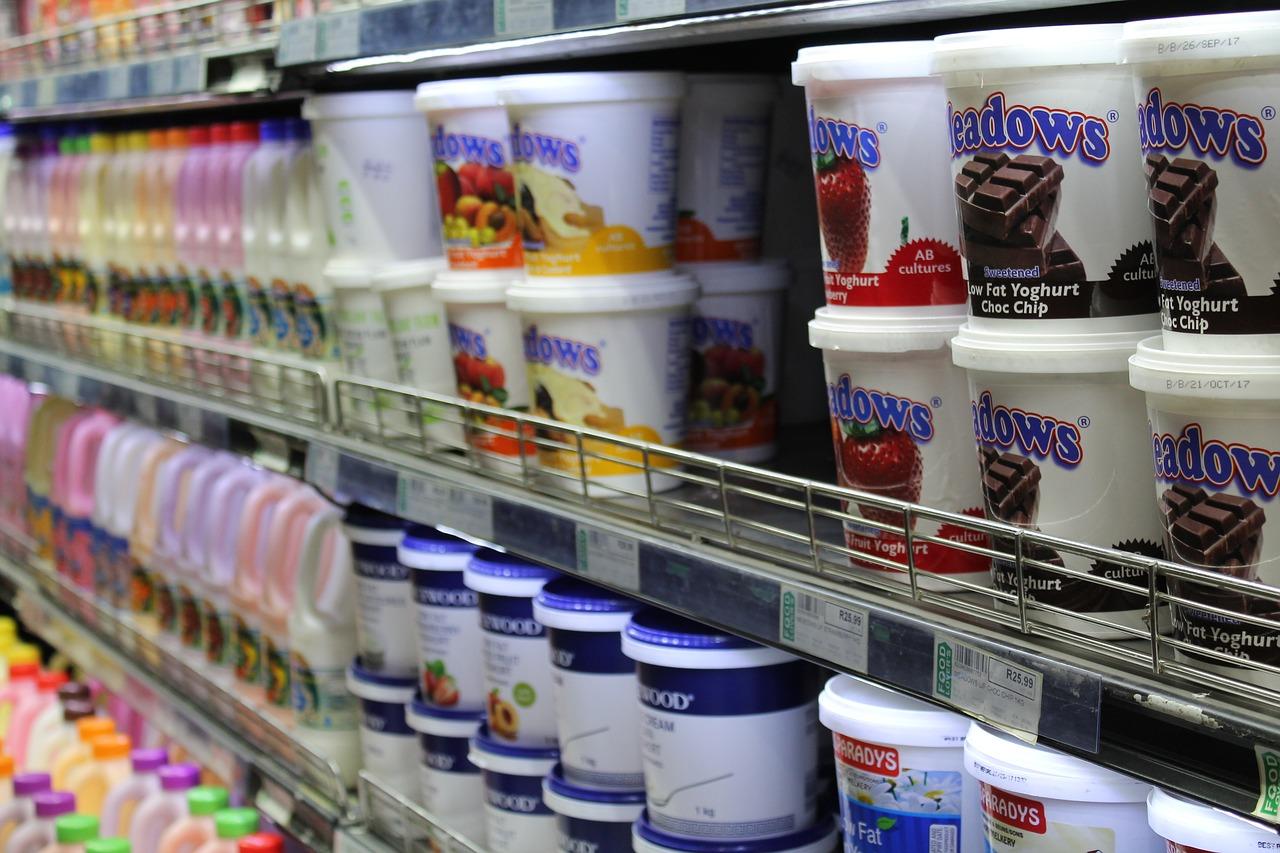
A big accumulation can prevent air in the system from ventilating effectively so that's why routine cleansings are vital. Eliminate any dust or loose debris with a powerful shop vacuum, and use degreasing solution to eliminate any thick grease. Consult your unit's service manual for the proper filter and door gasket degreasing solutions and procedures.
In summation, excessive grease and dust can harm the air filter, condenser and evaporator coils, and door gaskets. Keeping them clean and replacing them promptly is imperative in order to maintain the longevity of the commercial refrigeration system.
6. Routinely Clean Drain Pans and Tubes
A big industrial refrigerator or freezer can bring in large quantities of sludge and slime, which can trigger your system to freeze up. Examine your drain pan and any tubing that could experience regular buildups. If your drain overflows with moisture and sludge, it can emit a pungent odor throughout your kitchen. Clean the pan at least once a month utilizing a vinegar solution or with hot soapy water.

Excess grime also can cause drain tubes to block. Attempt to inspect the tubing every month to prevent a clog. When there is a major blockage in your drainage pipes, it may cause an overflow into your evaporator system that leaks into the cooling compartment and/or out onto the floor. If you observe grease, calcium or puddling of water on the compartment floor or exterior of the hoses, please clean them with hot soapy water to prevent any future build-up, wear, and/or clog.
7. Keep Your Refrigeration Unit Dry
Please be sure to promptly wipe up any liquid that builds up on the shelving or surface of your reach-in system. Too much moisture can cause your fridge or freezer to freeze up gradually. You not only ought to tidy up spills immediately, but you also need to check for wetness accumulations a minimum of once a week. Please remember that water accumulation causes ice, which is the #1 cause of a freon leak and the subsequent demise of your refrigeration system. Please keep the unit dry and turn it off when ice is seen. Call a refrigeration specialist if the ice persists.
This upkeep schedule helps significantly to maintain a walk-in or reach-in refrigeration system. Eliminating wetness from the floors of your fridge can also minimize slips and falls that occur.
Please get in touch with a regional authorized service representative who can assist with this particular unit and all your business kitchen appliance requirements.
Please call us with any questions, for advice, and/or to schedule service!
(540) 457-HVAC (4822) or (866) 729-2215
